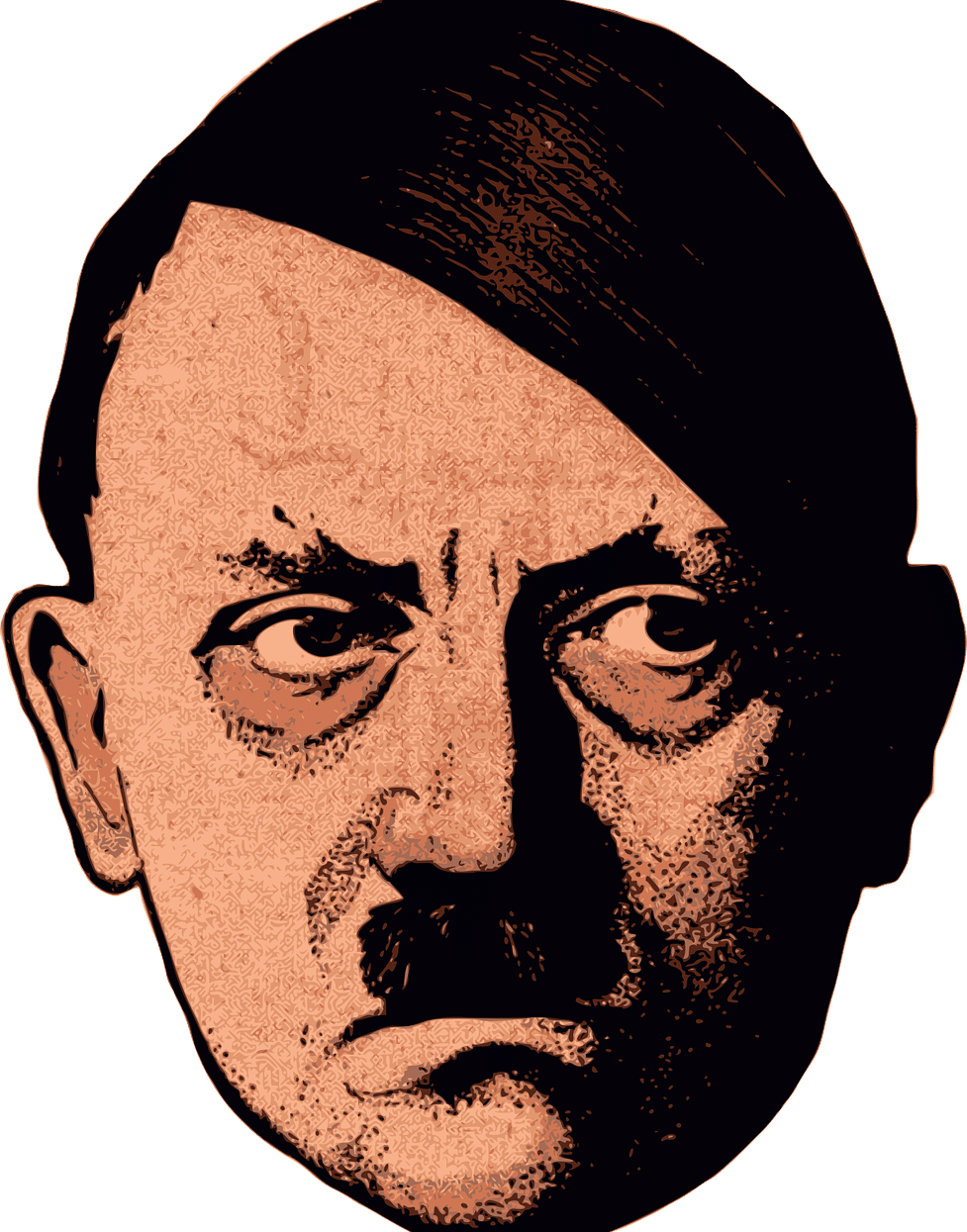
Reich is a German term that refers to an empire.
Reich is a term that is not part of the dictionary of the Royal Spanish Academy ( RAE ). It is a German concept that can be translated as empire .
Historians often use the notion of reich to refer to the regime adopted by the German State in various historical periods. It is possible, in this sense, to distinguish between three reichs : the First Reich , the Second Reich and the Third Reich .
The three reichs of the German State
The First Reich is linked to the Holy Roman Empire, which extended between 962 and 1806 . In reality, this reich never corresponded to a nation state as we understand it today, but rather brought together various European regions.
The Second Reich , therefore, is the first that corresponds to the German State . It was founded in 1871 , when William I was proclaimed emperor, and existed until 1918 . That year, after the fall of World War I , Germany became a republic.
The Third Reich began in 1933 with the rise to power of the National Socialist German Workers' Party ( Nazism ). This reich had Adolf Hitler as its main leader, since he became the German president and chancellor simultaneously.

Adolf Hitler was the leader of the Third Reich.
Characteristics of the third German empire
This third German empire was characterized by the persecution of Jews, gypsies, blacks and other groups. Through the implementation of detention and torture centers and gas chambers, Nazism murdered thousands of people, developing the worst genocide of the 20th century . Furthermore, due to its military-expansionist policy, the Third Reich annexed various nations to its territory until the Second World War marked its end.
Anti-Semitism is the central concept of the Third Reich , and is hostility towards the Jewish people, based on a series of prejudices related to culture, race and religion . The official ideology of this reign considered that the Nordic race (the Germanic peoples) was the purest, superior to the rest, which is why "it was necessary" to eliminate the other ethnic groups.
Analysis of the Third Reich
For people who do not speak German, in short, the term reich refers to one of the bloodiest pages in the history of humanity . No matter how much we inform ourselves about the aforementioned persecutions, it is impossible to feel that helplessness, that despair that so many innocent people felt not so many decades ago as to be able to pretend that there is no longer a connection between said events and today.
Among the most complete sources of information about World War II are the documentaries created by Claude Lanzmann , a journalist, screenwriter, director and producer born in Bois-Colombes , France , in 1925 . From his youth he faced anti-Semitism, and had to experience such unfortunate events as the German occupation, in response to which he organized resistance plans.
His documentary film “Shoah” is his most recognized work; It took him more than ten years to complete. This is unprecedented material, which lasts approximately ten hours and transports the public to several continents, on a decade-long journey that aims to obtain testimonies from some of the participants in the extermination of the Jews that took place during the Third Reich. , more specifically in World War II .
As in his other documentaries, one of the most outstanding characteristics is the apparent absence of editing of the filmed material . Scenes of silence, repetitions, contradictions on the part of those interviewed, landscapes full of nostalgia for what could not be and tinged with inevitable suffering are some of the most recurrent elements. Thanks to this direct and legitimate way of presenting information, Lanzmann allows his audience to experience the confessions firsthand and to calmly form their opinion, without the typical influence of the media.
